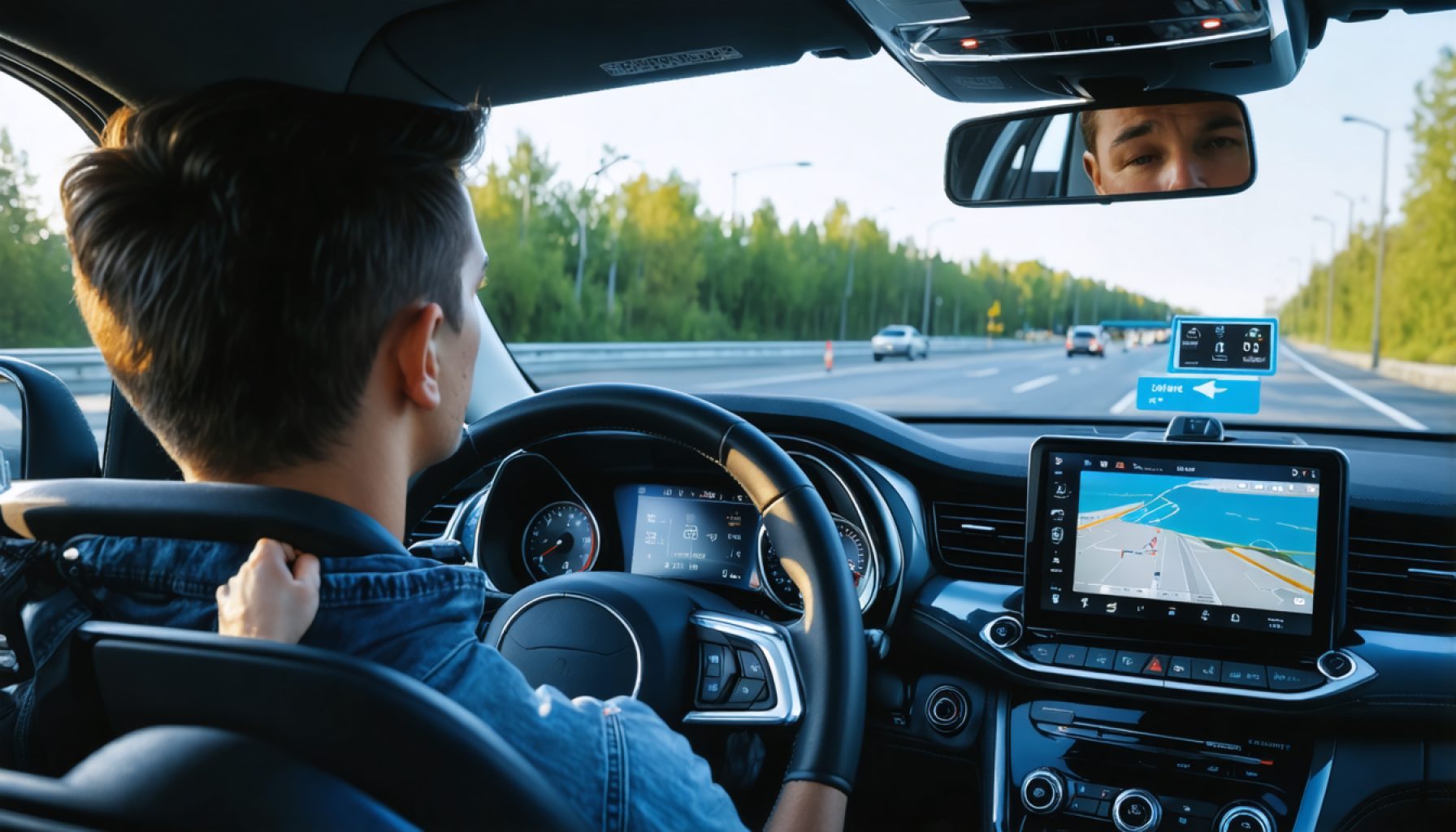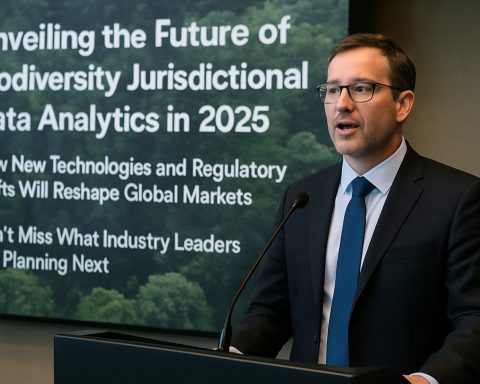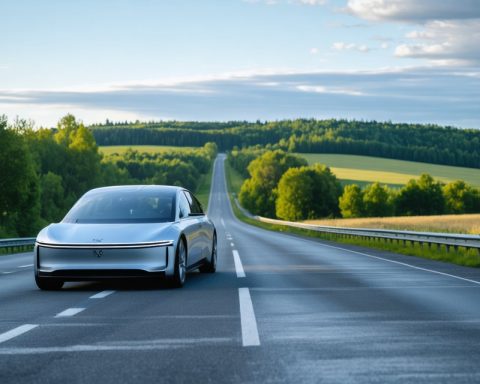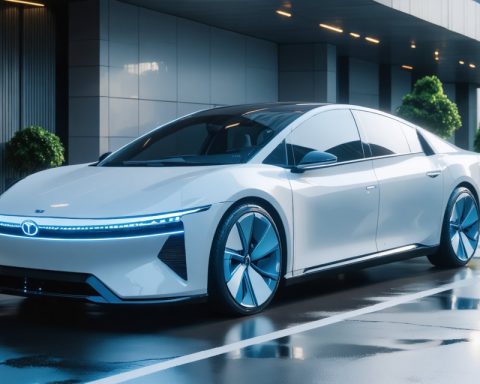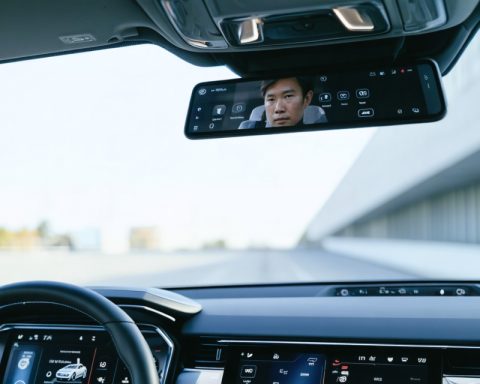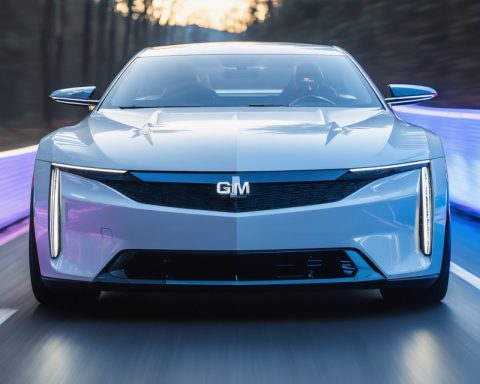- Autonomous vehicles, led by companies like Waymo, are revolutionizing urban transportation, offering safer and more reliable road solutions.
- Waymo’s fleet, with 50 million logged driving hours, has a significantly lower accident rate compared to human drivers, highlighting the safety potential of self-driving technology.
- A study with Swiss Re indicates that Waymo’s cars have fewer insurance claims per million miles than traditional vehicles, showcasing a transformative advantage.
- Most accidents involving autonomous vehicles result from human error, not technological failure, emphasizing the unpredictability of human drivers.
- Urban environments serve as key testing grounds for autonomous vehicles, suggesting they may initially succeed in metropolitan areas aligned with existing traffic patterns.
- The development of AI-driven vehicles could redefine safety standards, transforming skepticism into trust and anxiety into confidence on the roads.
Picture this: a car that navigates bustling city streets, deftly brakes at crosswalks, and smoothly merges into freeway traffic—all without a human at the wheel. It might sound like something out of science fiction, but for many, it’s quickly becoming part of everyday life. The world is on the brink of a transportation revolution driven, quite literally, by software.
Waymo’s Journey and Ingenious Insights
Waymo, a pioneering force in autonomous vehicle technology, offers a fascinating glimpse into this future. With 50 million hours of logged driving time under its virtual belt, Waymo’s self-driving fleet has experienced just 60 significant crashes over five years. While initially startling, this figure takes on a new light when you consider the scale and duration—far safer than the average human driver.
A Closer Look at the Numbers
In collaboration with the reinsurance firm Swiss Re, Waymo conducted a meticulous study comparing its fleet with traditional vehicles equipped with modern safety features. The findings revealed that per million miles driven, Waymo’s cars reported fewer insurance claims for bodily injury and property damage. This data doesn’t just imply safety; it suggests a transformative leap in vehicular travel.
Human Error: The Unruly Element
What causes a significant number of these accidents? Human error. Most incidents involving Waymo’s vehicles result from human-driven cars crashing into them, underscoring a critical point: the biggest risk on the road is often not technology, but the unpredictability of the human mind behind the wheel.
Urban Landscapes as Testing Grounds
Waymo’s experiments predominantly unfold within defined metropolitan areas, showcasing a vision: autonomous vehicles could first thrive in urban environments where they can harmonize with existing traffic dynamics. This focused deployment might not yet herald the complete takeover of roads by robot chauffeurs, but it certainly sets the stage for safer, more reliable transportation solutions.
Reflecting on Tomorrow’s Roads
So, if the notion of driverless cars sends a shiver down your spine, consider this: the rapid advancements in AI-driven vehicles are paving the way for roads where technology no longer feels like a threat, but a safeguard. The age of the autonomous vehicle might just redefine safety standards as we know them, turning fear into trust, and paranoia into peace of mind. As this journey accelerates, it’s worth keeping an eye on—and perhaps, an open mind about—the road ahead.
The Future of Transportation: Exploring the Rise of Autonomous Vehicles
Deconstructing the Autonomous Vehicle Phenomenon
The advent of autonomous vehicles (AVs), exemplified by Waymo’s cutting-edge technology, is fundamentally transforming transportation. Let’s delve deeper into this remarkable shift, drawing insights on autonomous technology, its real-world applications, and potential impact on everyday life.
Real-World Use Cases and Industry Trends
1. Urban Transportation and Efficiency: Autonomous vehicles are expected to revolutionize urban transport by reducing traffic congestion and improving route efficiency. By integrating with smart city initiatives, AVs can offer seamless public transportation solutions and reduce vehicle emissions.
2. Private and Commercial Applications: Beyond personal use, AVs have significant potential in sectors like logistics and ride-hailing services. Companies are exploring using AVs for last-mile delivery to improve efficiency and reduce human-related logistical errors.
3. Impact on Insurance: With the anticipated decrease in accidents and enhanced safety records, the insurance industry may see a shift. Premiums could lower for AVs, requiring insurers to rethink risk models and policy structures around automated driving technologies.
Market Forecast and Industry Trends
– Growth Projection: The global autonomous vehicle market is expected to grow exponentially, with expectations to reach a valuation exceeding $500 billion by 2026, as reported by Allied Market Research. This growth is driven by technological advancements, increased R&D investments, and regulatory support worldwide.
– Regulatory Environment: Countries are drafting policies to govern the use of autonomous vehicles. For instance, the U.S. has ongoing discussions focused on setting nationwide standards for AV deployment, balancing innovation with public safety.
Reviews & Comparisons
– Waymo vs. Tesla: While both companies are frontrunners in autonomous vehicle technology, Waymo focuses on full autonomy, whereas Tesla emphasizes advanced driver-assistance systems. Waymo’s detailed mapping and sensor suite set it apart as a leader in fully autonomous fleet operations.
Features, Specs & Pricing
– Waymo’s Technology: Equipped with LiDAR, radar, and camera systems, Waymo vehicles boast high-definition maps and AI-driven navigation. Although primarily used for commercial services like ride-hailing, private ownership models are under exploration.
– Cost Analysis: Currently, Waymo rides are competitively priced within the ride-sharing market, aiming to offer affordable transportation while expanding services.
Security & Sustainability
– Data Protection: Security remains a paramount concern. Waymo implements stringent cybersecurity measures to protect vehicle data and ensure passenger safety.
– Environmental Impact: By reducing idle times and optimizing routes, AVs contribute to decreased carbon emissions, aligning with global sustainability goals.
Controversies & Limitations
– Technology Adoption Barriers: Public skepticism and regulatory hesitance are significant hurdles. Automakers and policymakers must address concerns related to ethical decision-making in AV algorithms and potential job losses in driving occupations.
Insights & Predictions
– Accelerated Adoption Timelines: Experts predict that within the next decade, AVs could dominate short-distance transport, significantly impacting urban planning and infrastructure.
Actionable Recommendations
– Staying Informed: As advancements in AV technology continue, staying informed through credible sources is essential. Websites like Waymo provide updates on innovations and deployment strategies.
– Public Engagement: Participate in public discussions and policy formulations to voice concerns and suggestions regarding AV legislation and development.
The journey toward autonomous transport is more than a technological milestone; it’s a leap toward redefining mobility, safety, and environmental stewardship. By embracing these changes, societies can transition towards smarter, more connected urban landscapes.
